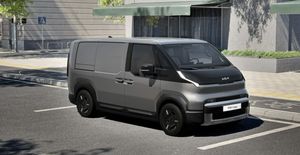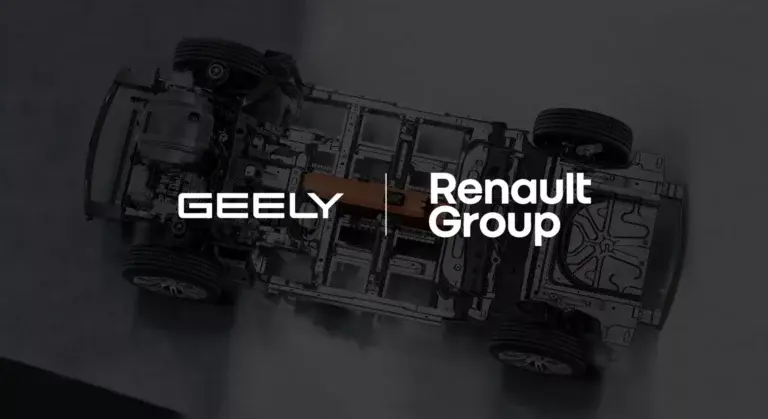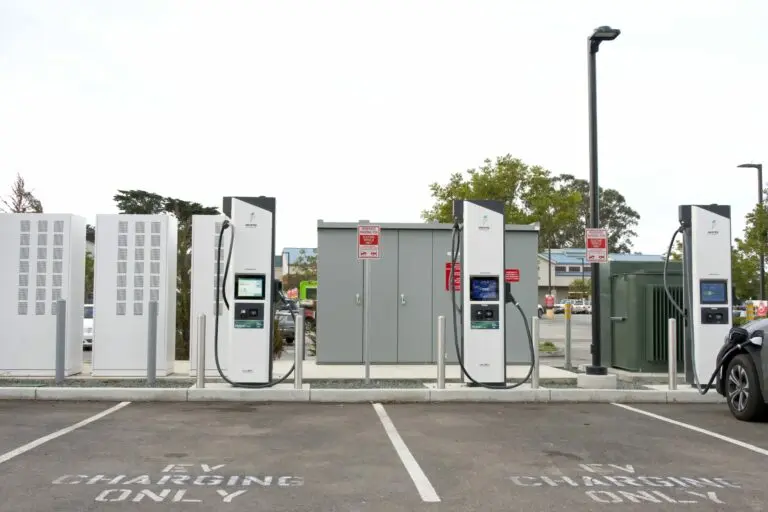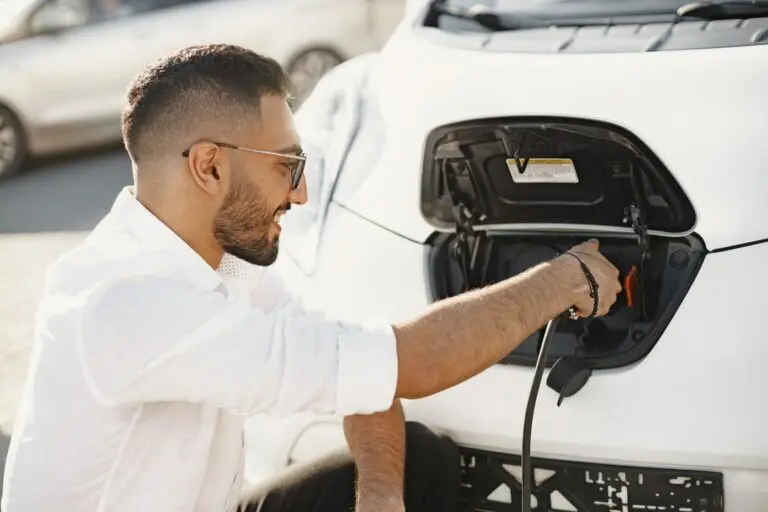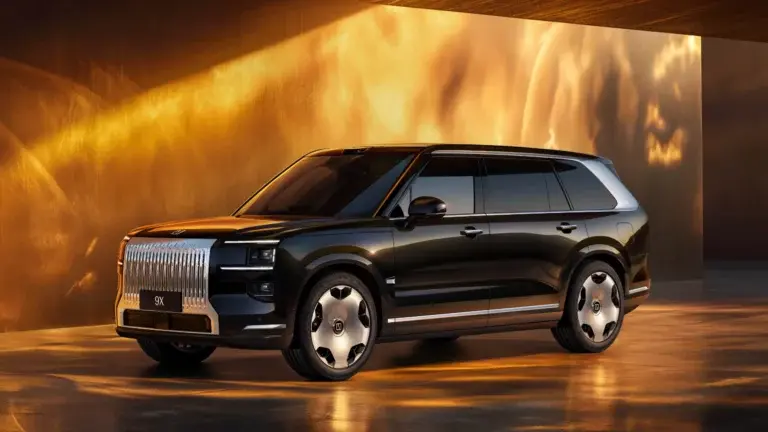Revealed at Kia EV Day in February 2025, the PV5 is not just another electric vehicle. With deliveries due to start at the end of 2025, it embodies Kia’s vision for the future of business mobility: more modular, more flexible and cleaner. Designed for corporate fleets, whether as a company vehicle or a simple van for logistics, but also for service operators and local authorities, the PV5 symbolises a major change in the way the general public thinks about commercial vehicles.
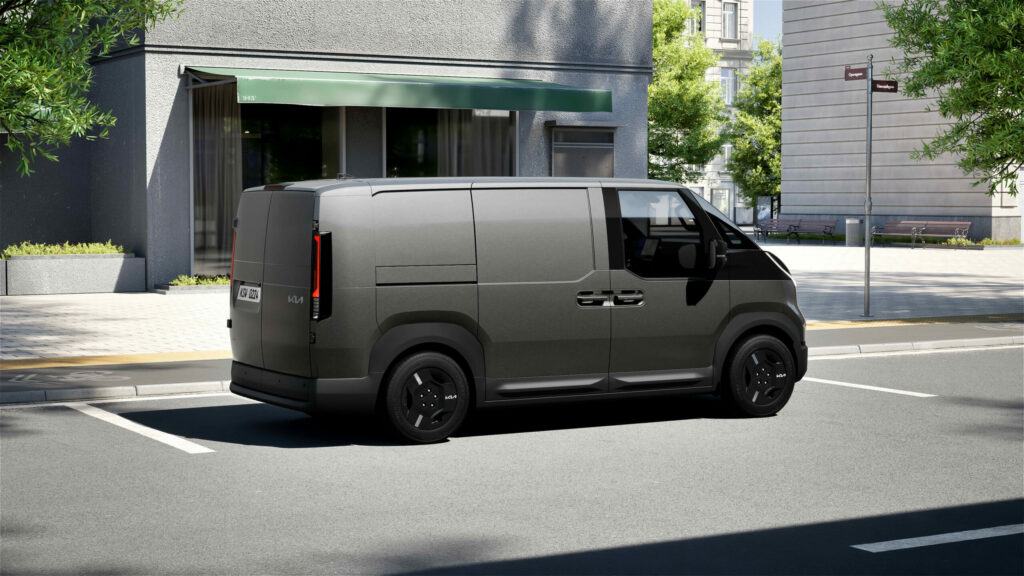
The PV5 is based on an e-GMP-S platform. Derived from the architecture used on the Ioniq 5 and EV6, this new platform has been optimised to accommodate a wide variety of body styles. The concept is simple: a single technical base, a fixed cabin and an interchangeable rear end. Depending on requirements, the vehicle can be transformed into a delivery van, a minibus, a refrigerated version, or even a van for people with reduced mobility. This unprecedented versatility allows companies to rethink the use of their vehicles, adapting them to each mission rather than buying multiple models. The PV5 then becomes much more than an electric van: it becomes a mobile solution with variable configuration.
A symbol of intelligent electric mobility
This choice of modularity is not just anecdotal… It responds to a growing demand for fleet rationalisation, in a context where costs need to be marginalised and the carbon footprint reduced. In the city, where low-emission zones are on the increase, the benefits of a 100% electric van are clear. By reducing dependence on several models, simplifying maintenance and optimising use, the PV5 enables fleet managers to make real savings, while respecting the environmental commitments of their companies or countries. With a claimed range of around 400 km, and a fast recharge rate designed to go from 10% to 80% in less than 30 minutes at a 150 kW charging point, the PV5 is an ideal vehicle for urban and suburban use.
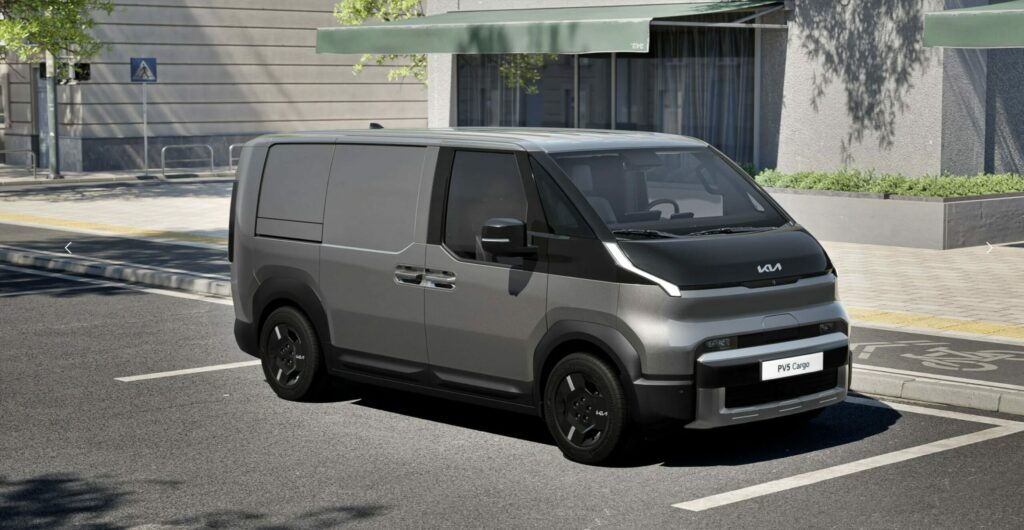
Beyond the figures, it is its philosophy that marks a turning point. The PV5 does not seek to reproduce what already exists and transform it into an electric version: it seeks to anticipate changes in the sector. It embodies an electric mobility that is no longer just an alternative, but an opportunity to do things better, to do things more practically.

